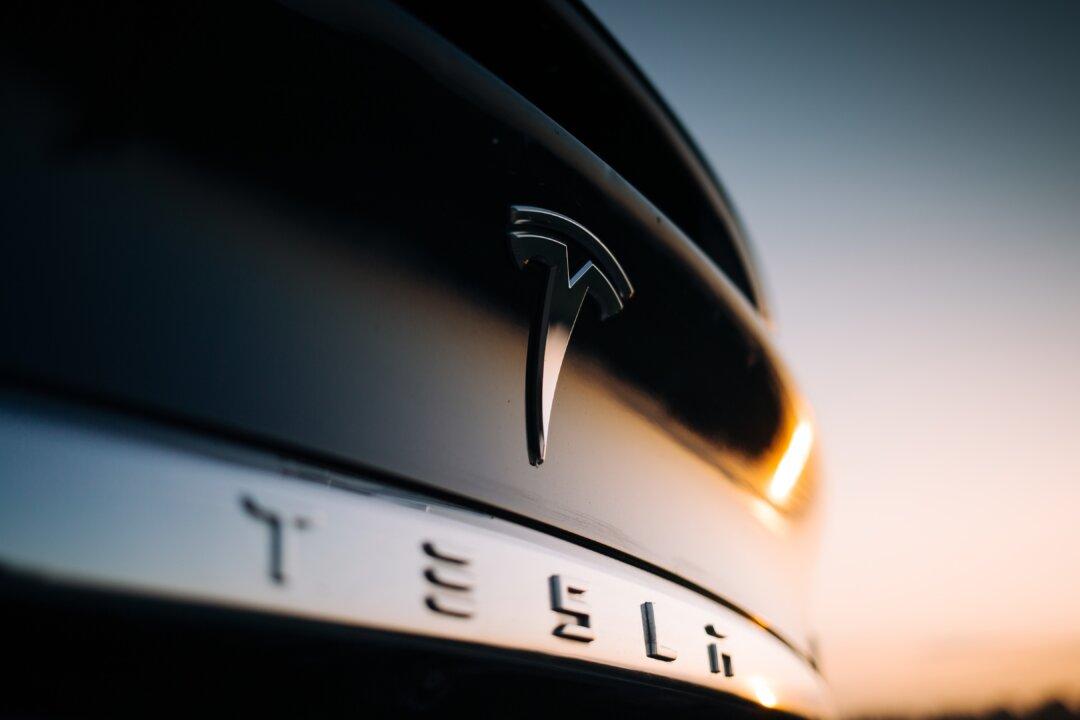Tesla has inked a five-year agreement to secure a significant stock of lithium from Australia as competition for global supplies sends prices of the mineral skyrocketing.
Liontown Resources plans to commence production in 2024 at its flagship Kathleen Valley lithium project in Western Australia, where it will supply Tesla with 100,000 tonnes of lithium concentrate in the first year and 150,000 tonnes every year after.





